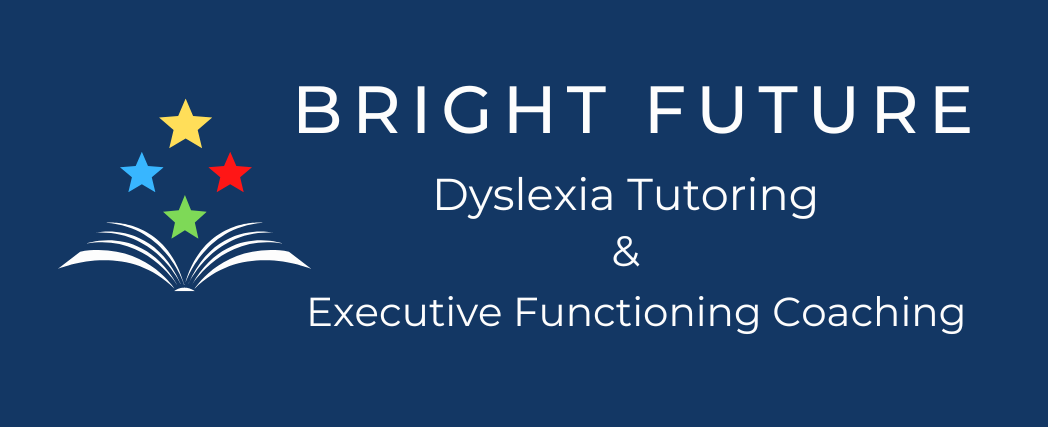Challenges of Dyslexia

The International Dyslexia Association defines dyslexia as: “… a specific learning disability that is neurobiological in origin. It is characterized by difficulties with accurate and/or fluent word recognition and by poor spelling and decoding abilities. These difficulties typically result from a deficit in the phonological component of language that is often unexpected in relation to other cognitive abilities and the provision of effective classroom instruction. Secondary consequences may include problems in reading comprehension and reduced reading experience that can impede growth of vocabulary and background knowledge.”
Basically, dyslexia is a common condition that makes it hard to work with language. The difficulty is with word recognition, reading fluency, spelling, and writing. It affects a child’s ability to recognize and manipulate the sounds in language. Dyslexics may also have a hard time with reading comprehension.

Other challenges include:
- Trouble with rhyming
- Difficulty reading single words in isolation
- May have trouble learning the connection between letters and sounds
- May omit small words such as a, and, the, but, of
- Makes consistent reading and spelling errors. This may include letter reversals (b for d), word reversals (pat for tap), inversions (m and w for u and n), transpositions (was and saw), substitutions (ship and boat)
- Difficulty with organization and planning
- May use an awkward pencil grip
- May have poor fine motor coordination
- Wants to avoid reading out loud
- Avoids writing
- Becomes tired and frustrated from reading
- Struggles to follow directions
Additionally, dyslexia can affect more than a person’s ability to read, spell, and write. Many dyslexics suffer emotionally because of their struggles, resulting in low self esteem and behaviors such as anger, frustration, and avoidance.
Dyslexia is not due to either lack of intelligence or desire to learn. People with dyslexia are intelligent – many are very bright and gifted.
One in five people have some of the symptoms of dyslexia. Additionally, dyslexia runs in families. Dyslexia is not outgrown, but with early identification and treatment, dyslexics can be very successful in school and in life!
If you suspect that your child has dyslexia, testing should be your next step. Dyslexia cannot be self-diagnosed or diagnosed using online assessments. You will need to obtain an official psycho-educational evaluation in order to receive help and accommodations in your child’s school. The earlier dyslexia is detected and diagnosed, and the earlier intervention begins, the better.
Now, please click on the Strengths of Dyslexia page to read about the wonderful potential of these special learners!
